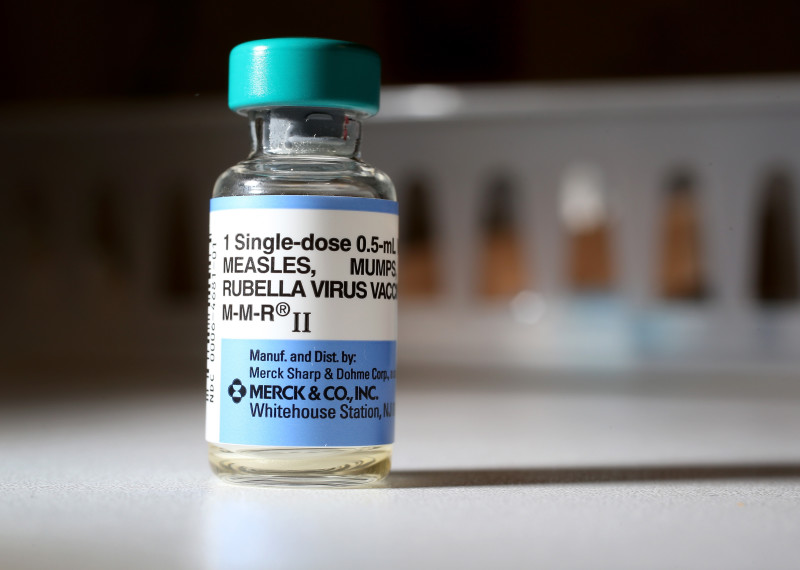The state Assembly Thursday voted 46-30 to end California's personal belief exemption for vaccinating schoolchildren. The bill, SB277, now goes back to the Senate for a vote before it can be sent to the governor.
The law would allows kids with existing personal belief exemptions to continue in school until their next "grade span." That means those families can still rely on their exemptions until either entering preschool, kindergarten or seventh grade. Medical exemptions would also still be allowed.
The law, if signed, would go into effect Jan. 1, 2016. Starting July 1, 2016, students would need vaccinations to attend school.
Gov. Jerry Brown has not taken a position on the bill, but as noted on KQED’s California Politics Podcast last week, some Capitol observers think the fact that his cabinet secretary, Dana Williamson, testified in support of SB277 at the Assembly’s Health Committee hearing was an indication of which way the wind is blowing, even though Williamson emphasized she was speaking on her own behalf.
NPR is reporting that a spokesman for Brown said via email that the governor "believes that vaccinations are profoundly important and a major public health benefit and any bill that reaches his desk will be closely considered."
